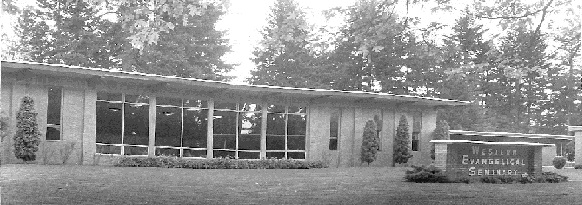Date of Award
5-7-1974
Document Type
Thesis
Department
Seminary
Abstract
The purpose of this study is two-fold: to study the general hermeneutical principles and procedures of Martin Luther, and to develop an understanding of the major hermeneutical influences both upon him and by him. Luther certainly did not precipitate the Reformation in a vacuum, but his revolutionary ideas developed as a result of many historical and theological influences upon his intellectual and spiritual development. Furthermore, Luther provided a hermeneutical watershed from which the other Reformers, as well as many contemporary scholars, drank. His influence upon the hermeneutical development since the sixteenth century has been immeasurable. Thinkers ranging from the positions of classical Orthodoxy to the New Hermeneutic have claimed him as their hermeneutical progenitor.
Recommended Citation
Shelton, Raymond Larry, "Martin Luther's Concept of Biblical Interpretation in Historical Perspective" (1974). Western Evangelical Seminary Theses. 151.
https://digitalcommons.georgefox.edu/wes_theses/151


Comments
Print's manuscript was missing page 148.